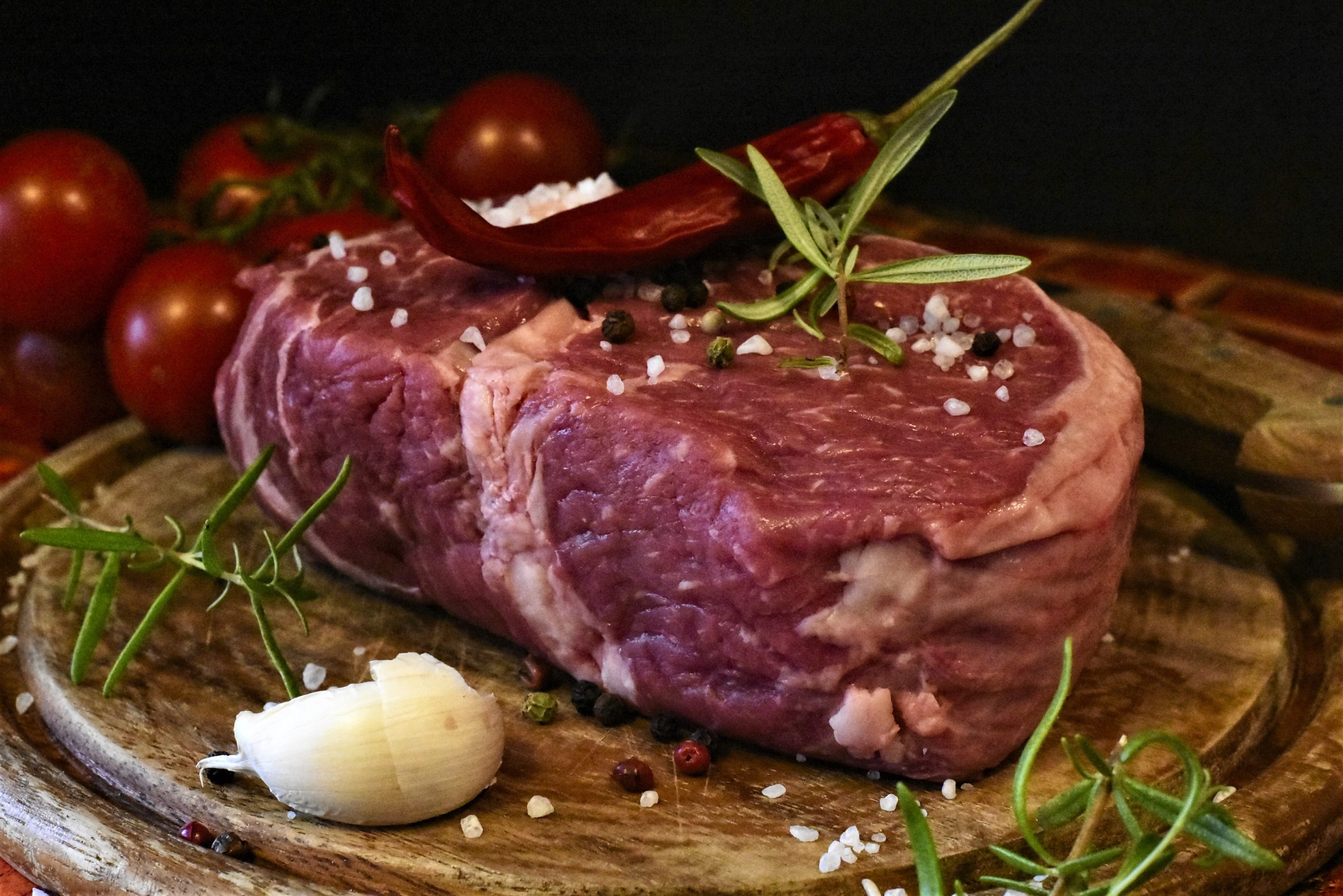The Covid pandemic has brought the realities of the UK’s dependence on global, just-in-time, food supply chains into the consciousness of almost every household. So, it’s really no surprise that, as we start to emerge from our lockdown cocoons, food security is a topic that is being widely debated.
The UK hasn’t been 100% food secure since the eighteenth century, and currently, our self-sufficiency in homegrown products sits at 58-59%.
Since March, this reality has been apparent to UK citizens, because some products have been absent from supermarket shelves, prompting us to get creative about where – and from whom – we buy.
This creates opportunity for Scotland’s farmers and growers, and for our national food brands – such as Scotch Beef – because there is an appetite for local and hyper local food supply. However, our challenge will be keeping consumer interest going when life’s frenetic normality resumes.
Professor Tim Lang spoke at last week’s Oxford Farming Conference ‘bitesize’ webinar. Some of what he says deserves heed and embrace.
He said that Britain has an uncomfortable truth, its imperial legacy, where the nation has relied on other countries to supply our food, leaving the country vulnerable. He added that we are now getting a “very cold dose of water” reminding us of the food system’s fragility.
One of his recommendations would give local supply chains a legislative backbone via a new Food Resilience and Security Act to ensure political intent. The Act, he said, needs very clear guidance and devolved authority, to give power to “get on with it” at a local and regional level considering all that is central to food – health, environment, culture and jobs.
I believe that, for the idea to work, we need two things; the first is that this Act would need to interconnect with the detail in the new Agriculture Bill and our international trade agreements.
The second is that we need to get imaginative about what local food selling looks like.
We’d need much more local processing of commodity products such as oils, meats and grains, as well as imaginative local food retailing. There are some great examples; in Italy, the Agricultural Consortium of Siena operates a shop in the centre of the city, from it, producers sell direct from the shop’s shelves and its online store. On the Australia’s Atherton Tablelands, farmer cooperatives have taken over town stores to sell their dairy, veg and milled grains. And in The Netherlands, Local2Local has built a database of consumers who are alerted to gluts of local farmers’ produce stocked on the nation’s supermarket shelves.
These approaches are very doable here in Scotland, but how bold and collaborative are we prepared to be to capitalise on the opportunity?

